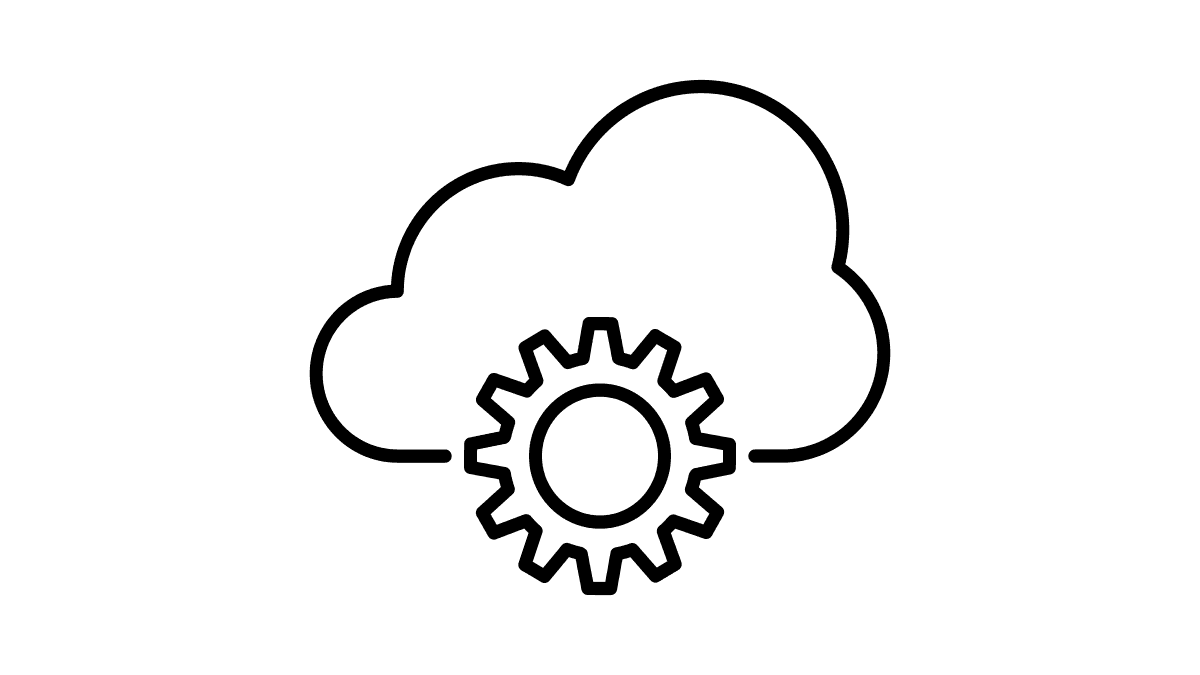If you’ve got apps and APIs, you know that your digital business is only as secure as its most vulnerable part. To make things worse, building and maintaining a consistent security posture across your app and API portfolio is a complex challenge—especially in multicloud environments. Thankfully, there are ways to mitigate that complexity while bolstering the security and reliability of your apps and APIs.
Although public cloud providers’ native networking capabilities are sufficient for many use cases, they do have notable gaps. Forklifting traditional infrastructure to fill these gaps is too inefficient to be practical. To address this issue, many technology leaders are adopting multicloud networking services (MCNS) to improve operations in public cloud environments.
When strong security elements are incorporated into multicloud networking solutions, it’s possible to address many of the challenges that come with maintaining a rich portfolio of apps and APIs. Traffic routing, secure ingress/egress, and integration into public cloud services is simpler. It’s easier to incorporate consistent and comprehensive security and application services in detail. And it enabled these services to be delivered to meet customer platform demands, including providing end-to-end visibility.
We’ve identified the top secure multicloud trends that are impacting businesses today. Read more to see our recommendations for how you can strategically align your resources to overcome these challenges.

Estimated damage caused by cybercriminals in 2022
say traditional security solutions don’t work for cloud.
APIs in use by 2031
Based on 2022 estimates, if cybercrime was measured as a country, it would have the third largest economy, trailing only the U.S. and China. Complexity is inherent in distributed environments, which can create larger threat surfaces. With such serious security risks, it’s crucial to develop modern solutions that mitigate vulnerabilities.

Choose multicloud networking (MCN) solutions that go beyond connectivity and include security controls and application delivery services.

With modern architectures, API security needs to be streamlined for speed and agility. Without this optimization, it will be too difficult to manage in hybrid and multicloud environments.

SecOps teams need tools that simplify their user experience so they can focus on stopping threats. You can help them focus on what is most impactful by choosing tools that provide end-to-end, cloud-based centralized management of security policy across distributed environments.

of respondents to the F5 2023 State of Application Strategy survey say they’re adopting a security platform in place of multiple point solutions
Multicloud networking means working with multiple service providers—and it’s not practical to buy the same services over and over each time an application is deployed to a new service provider. Sometimes multicloud doesn’t even happen by choice; mergers and acquisitions can leave organizations with unexpected security challenges. Point solutions for security inflate total cost of ownership, increasing operational and maintenance costs. Point solutions are also inefficient to manage and can hinder event resolution. And patchwork security solutions can lead to blind spots where limited visibility increases vulnerability.

Choosing a multicloud networking platform that simultaneously handles networking and security across clouds, services, apps, and APIs will improve performance and ease management challenges.

Ensure that your secure multicloud networking platform solution retains the stability of traditional enterprise networks and provides automated infrastructure for your modern applications.

Give your teams a secure MCN solution with an intuitive, cloud-agnostic, easy-to-use interface to reduce errors in human oversight.

Facilitate automation. For example, provide tools that automate publishing of applications securely and effectively across distributed environments.

orgs report multicloud challenges including complexity of tools/APIs and consistent security.
of orgs operate both modern and traditional apps across multiple application architectures and locations.
of an enterprise app portfolio is comprised of applications based on “traditional” architecture, and 16% of organizations have no plans to retire them.
As you grow and scale your applications across clouds, there’s a risk of increasing complexity, losing visibility, and ultimately having less granular control over your portfolio. Every public cloud has unique constraints and capabilities…but it’s simply not practical to hire a specialized cloud employee for every new service provider.

Offer more control over your entire application stack with solutions that are platform-independent and provide support for policy consistency.

Look for API-first infrastructure solutions that offer a unified interface.

Give your teams a secure MCN solution with an intuitive, cloud-agnostic, easy-to-use interface to reduce errors in human oversight.

NetOps managers will appreciate having access to centralized MCN dashboards to quickly determine network availability and performance across distributed environments.
Most importantly, your secure MCN solution needs to work for your business. You shouldn’t have to choose between legacy and modern apps. Between on-premises data centers and cloud or edge locations. Between app performance and app security.
With F5, you don’t have to. With an easy, efficient way to secure, scale, optimize, and manage both legacy and modern apps—no matter where they’re deployed—businesses can flourish in a multicloud world. Distributed environments are complex, but consistent processes and tools designed for this new reality can help tech leaders deliver more, faster while saving time and money.
Barry Elad: 50+ Alarming Cybersecurity Statistics 2023 Facts and Trends that Users Need to Know. October 2023, Enterprise Apps Today, Accessed November 8, 2023
Cybersecurity Insiders, 2022 Cloud Security Report [(ISC)2], Accessed November 14, 2023